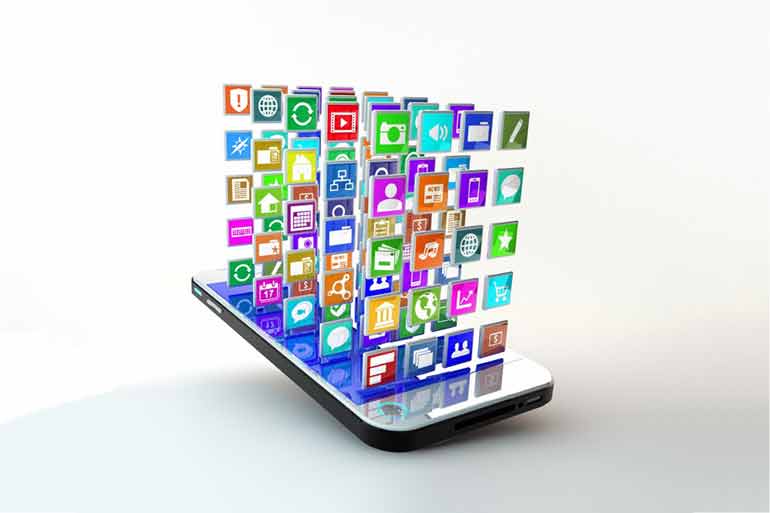Mobile phones are no longer just instruments for making and receiving calls.
Today, our world has shrunk to the boundaries of a mobile, thanks to innumerable mobile applications available in the market. These applications are not limited just to mobile phones but come for smart-watches, TVs and other gadgets.
Let’s take a look at the future of mobile applications
1. Beacon Will Be In the Headlines
The revolutionary Beacon technology has taken the mobile apps world by a storm. It has virtually eliminated the wide gap that existed between offline and online scenarios earlier. iOS is already employing Beacon in full force and Google android too is going to follow suit.
2. Swift is the Hottest Topic
Swift is the latest programming language from Apple that is projected as the programming language of the future. Based on an advanced compiler infrastructure, it enables the developers to write more reliable codes right from the initial stages.
First seen in June 2014, Swift has been available for publishing apps since September 2015. Although, it is not anywhere close to replacing Objective C, but this language is extremely fast. It’s not long when developers will get acquainted with the details of this language, and start using it for mobile apps like iOS, watchOS, and tvOS. With the launch of iPhone 7 and iOS 10, we can expect a lot more feature flexibility.
3. The surge in Enterprise Applications
Enterprise apps facilitate great financial advantages, and are, therefore, naturally high in demand across the globe. Organizations view these apps as a means to outperform their competitors and don’t mind spending a fortune over them. Cross-platform app development is going to grab attention in 2016 because of the mileage gained by cloud computing and cross-platform devices.
Need for an on-demand healthcare app during the COVID-19 crisis
4. IoT (Internet of Things) and Data Visualization
In 2016, the IoT (Internet of Things) has already advanced and will change the way mobile application development is looked at. It’s not long before smart cars, smart toasters, and smart refrigerators shall be seen everywhere. This substantial shift in digital technology would also call for very high data security concerns in the developed world.
Virtual Private Networks and sensor-enabled devices will ensure that security does not get compromised. IoT organizations will feel more inclined to derive new and simple ways of visualizing big heaps complex data in order to take more calculated decisions.
5. The convergence of Cloud and Mobile Computing
With the advent of a large number of mobile devices, the cloud has become more important than ever. Cloud and mobile computing will come together to make sure that the applications are delivered to the devices over a wide spectrum.
6. Need for Mobile App Security Will be All-Time High
With so many mobile applications coming up every day, the security concerns are surely going to touch the sky by the end of 2016, just as a Gartner Report predicted in 2015. With a majority of applications failing to conform to even the fundamental security requirement, developers are certainly headed for a busy time in the coming years.
People are also Reading
